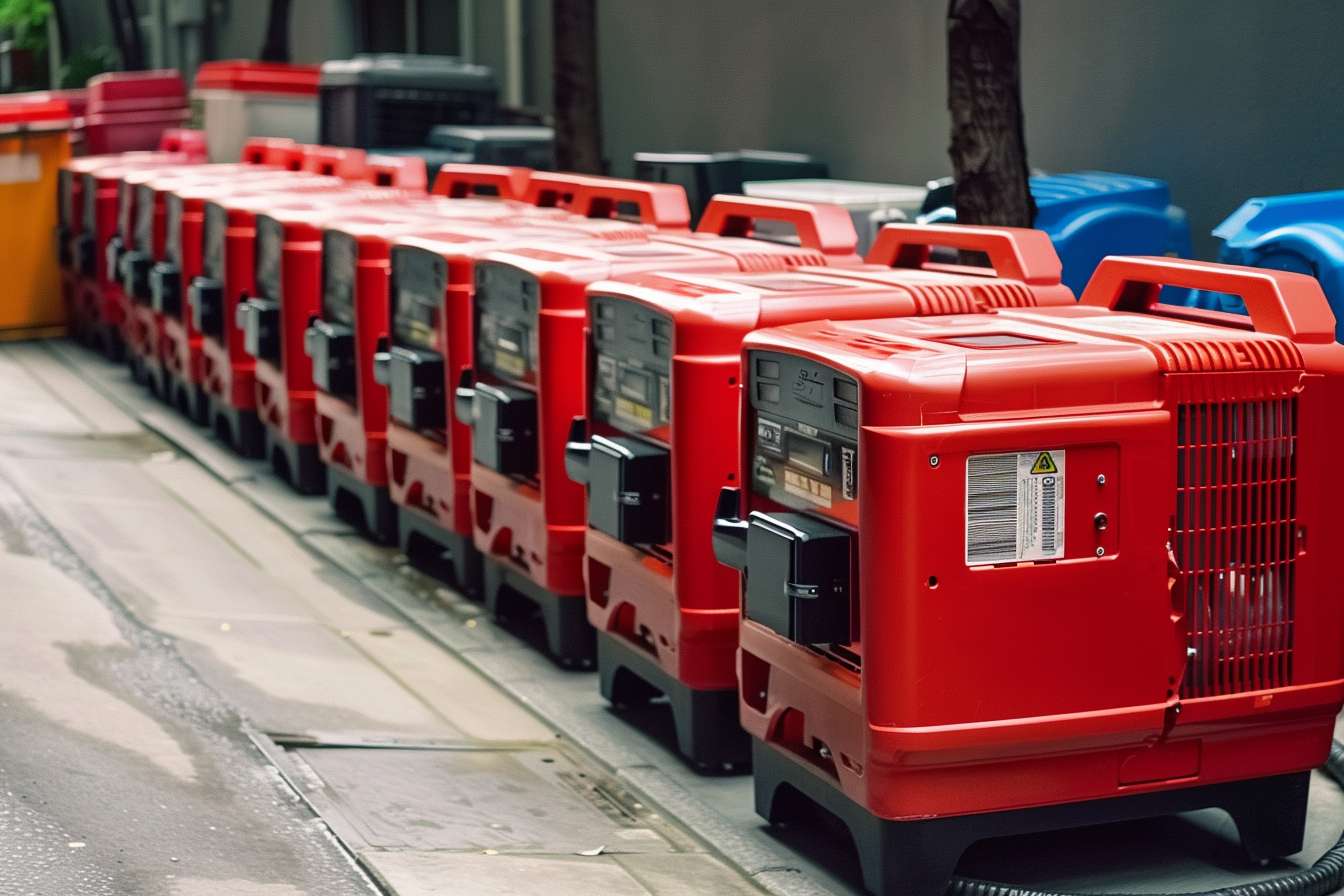Preparing Your Companion for International Travel: Health Checks and Documentation
Moving a pet across borders requires careful planning: understanding health checks, required documentation, and transport rules can reduce stress for both you and your companion. This article outlines key steps to prepare for international travel with an emphasis on vet clearances and documentation.

Moving a companion animal internationally means coordinating several practical steps well before departure. Start by scheduling a comprehensive vetcheck to confirm vaccinations, assess fitness for travel, and obtain health certificates that many countries require. Early planning helps ensure microchip placement and passport-style records are in order, and it reduces the risk of delays at customs or with airlines. Proper preparation also supports biosecurity and minimizes the chance of unexpected quarantine on arrival.
This article is for informational purposes only and should not be considered medical advice. Please consult a qualified healthcare professional for personalized guidance and treatment.
What vetcheck and vaccinations are required?
A veterinary examination is the foundation of any international relocation. Your veterinarian will verify core vaccination status—often including rabies—complete a physical exam, and provide a health certificate or completed export form. Many destinations require vaccinations within specific windows (for example, rabies at least 21 days prior to travel but after the microchip). A vetcheck also flags conditions that could make travel unsafe and may recommend sedative policies or acclimation plans for long flights.
How does microchip and passport documentation work?
Most countries require pets to be permanently identified by a microchip that meets ISO standards or is accompanied by a reader code. A pet passport or official travel document typically records microchip number, vaccination dates, and vet signatures. Ensure documentation is consistent: mismatching microchip numbers, vaccine lot numbers, or dates can trigger import refusals. Keep digital and paper copies of the passport and related documentation to present to airlines and customs officials.
What are airline and crate/kennel requirements?
Airlines have distinct policies for in-cabin and cargo travel; always confirm size, weight, and kennel specifications in advance. A sturdy crate or kennel that complies with International Air Transport Association (IATA) rules is usually required for checked or manifest cargo. The crate should allow the pet to stand, turn, and lie down comfortably, and it must be labeled with contact and destination information. Preparing the animal by familiarizing them with the crate weeks ahead can reduce stress during travel.
How do customs, import, and export regulations apply?
Customs processes vary by country and may require advance permit applications or declaration forms. Import regulations can include proof of vaccination, health certificates, and sometimes additional testing (e.g., blood titers). Export rules from the origin country may also require specific endorsements by accredited veterinarians or government agencies. Know both import and export timelines—some tests need to be performed days to months before departure—and check for any seasonal or regional restrictions that affect clearance.
What biosecurity and quarantine considerations exist?
Biosecurity aims to prevent the introduction of disease and pests; many jurisdictions have quarantine regulations to enforce that goal. Even if documentation is complete, pets may be subject to a holding period on arrival, especially if vaccines or microchip verification are incomplete. Some countries require quarantine facilities for certain species or if the origin country is on a restricted list. Research quarantine expectations in your destination and arrange boarding or temporary care plans in case the pet cannot be released immediately.
How to plan relocation logistics and local services?
Map out the timeline for vaccinations, microchip implantation, and documentation well ahead of travel. Coordinate with airlines about crate drop-off, check-in windows, and any in-flight policies. Identify local services in your area at destination: a veterinarian for post-arrival checks, kennel or boarding options, and customs brokers if needed. Keep a travel kit with copies of documentation, medications, and comfort items. Effective organization reduces the chance of shipment delays and supports the pet’s welfare throughout relocation.
In summary, international travel with a companion animal requires careful vet verification, precise documentation like passports and microchip records, adherence to airline crate standards, and awareness of customs, biosecurity, and quarantine rules. Advance coordination with your veterinarian, the airline, and destination authorities helps streamline the process and supports your pet’s safety and well-being during relocation.






